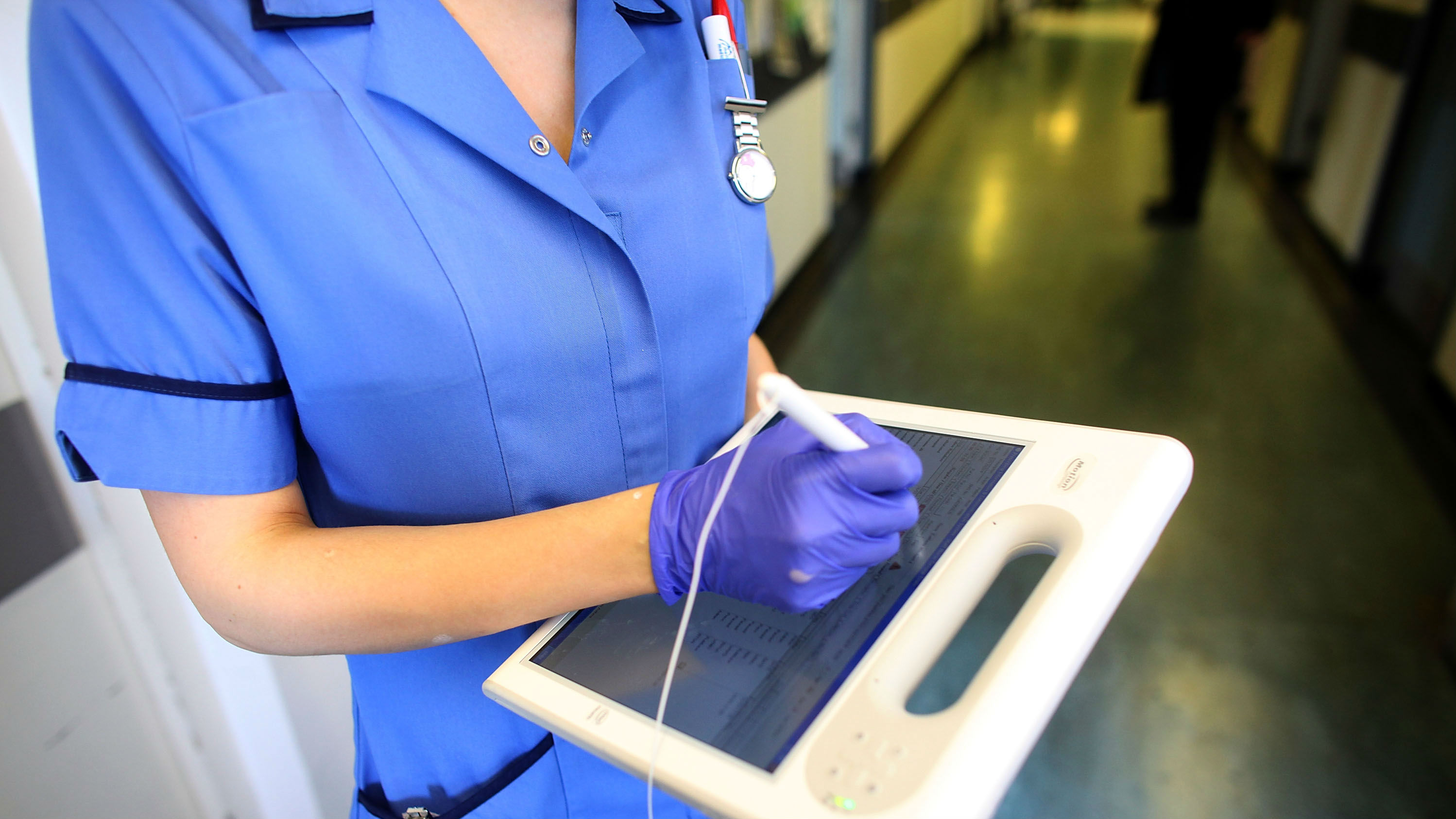NHS doctor rebellion over patient sexual orientation Q&A
Healthcare professionals may refuse to enact new plan for staff to ask patients whether they are gay

A free daily email with the biggest news stories of the day – and the best features from TheWeek.com
You are now subscribed
Your newsletter sign-up was successful
NHS England chiefs face a rebellion from doctors and nurses over new guidelines that say every patient over the age of 16 must be asked to declare their sexual orientation.
Healthcare professionals will refuse to quiz patients over whether or not they are gay despite proposals outlined by NHS England, the chairman of the College of Medicine has warned.
NHS England says that it needs to record patients sexual orientation to fulfill legal duties under the Equality Act and that people are not obliged to answer, according to The Daily Telegraph.
The Week
Escape your echo chamber. Get the facts behind the news, plus analysis from multiple perspectives.

Sign up for The Week's Free Newsletters
From our morning news briefing to a weekly Good News Newsletter, get the best of The Week delivered directly to your inbox.
From our morning news briefing to a weekly Good News Newsletter, get the best of The Week delivered directly to your inbox.
But Dr Michael Dixon, who as chair of the College of Medicine represents a body championing “integrated” approaches to healthcare, said: “I think there will be some GPs that will say they simply don’t feel it’s part of their business to ask this question, and I’m sure there will be plenty that won’t.
“I just think there’s a problem because there’s a time and a place. At some times it might be appropriate to ask such a question, and other times it’s entirely inappropriate.
“It might threaten a relationship between GPs and their patients. It’s a bit like saying to your doctor, 'I have a sore throat', and they ask to check your feet.”
However, Professor Helen Stokes-Lampard, chair of the Royal College of General Practitioners, insisted the information could be helpful to GPs as a “patient’s sexuality can potentially have an impact on some aspects of their healthcare”.
A free daily email with the biggest news stories of the day – and the best features from TheWeek.com
She added: “We can take it into account when making a diagnosis or recommending treatments - but it should always be a patient’s choice whether they disclose this information.”
A good practice guide for healthcare professionals produced by the LGBT Foundation - which has worked with NHS England to develop sexual orientation monitoring - to go with the new guidelines “seeks to reassure them that they will encounter overwhelming public support”, says The Times.
However, it cautions, “it would not be appropriate to ask someone’s sexual orientation out loud in a busy reception area”. The guide maintains that it is “not a subject to be embarrassed about”, but concedes that “some people will feel uncomfortable asking or being asked”.
-
 What is the endgame in the DHS shutdown?
What is the endgame in the DHS shutdown?Today’s Big Question Democrats want to rein in ICE’s immigration crackdown
-
 ‘Poor time management isn’t just an inconvenience’
‘Poor time management isn’t just an inconvenience’Instant Opinion Opinion, comment and editorials of the day
-
 Bad Bunny’s Super Bowl: A win for unity
Bad Bunny’s Super Bowl: A win for unityFeature The global superstar's halftime show was a celebration for everyone to enjoy
-
 A real head scratcher: how scabies returned to the UK
A real head scratcher: how scabies returned to the UKThe Explainer The ‘Victorian-era’ condition is on the rise in the UK, and experts aren’t sure why
-
 How dangerous is the ‘K’ strain super-flu?
How dangerous is the ‘K’ strain super-flu?The Explainer Surge in cases of new variant H3N2 flu in UK and around the world
-
 The ‘menopause gold rush’
The ‘menopause gold rush’Under the Radar Women vulnerable to misinformation and marketing of ‘unregulated’ products
-
 How the care industry came to rely on migrant workers
How the care industry came to rely on migrant workersThe Explainer Government crackdown on recruiting workers abroad risks deepening care sector crisis, industry leaders warn
-
 Could medics' misgivings spell the end of the assisted dying bill?
Could medics' misgivings spell the end of the assisted dying bill?Today's Big Question The Royal College of Psychiatrists has identified 'serious concerns' with the landmark bill – and MPs are taking notice
-
 Washwood Heath: Birmingham's pioneering neighbourhood health service
Washwood Heath: Birmingham's pioneering neighbourhood health serviceIn the Spotlight NHS England chair says there is a 'really good argument this is the model for the future'
-
 The UK's first legal drug consumption room
The UK's first legal drug consumption roomThe Explainer 'Potentially transformative moment in UK drugs policy' as The Thistle opens in Glasgow
-
 How can the UK solve the adult social care crisis?
How can the UK solve the adult social care crisis?Today's Big Question New commission announced to turn our buckling care sector around: yet more delay or finally a way forward?